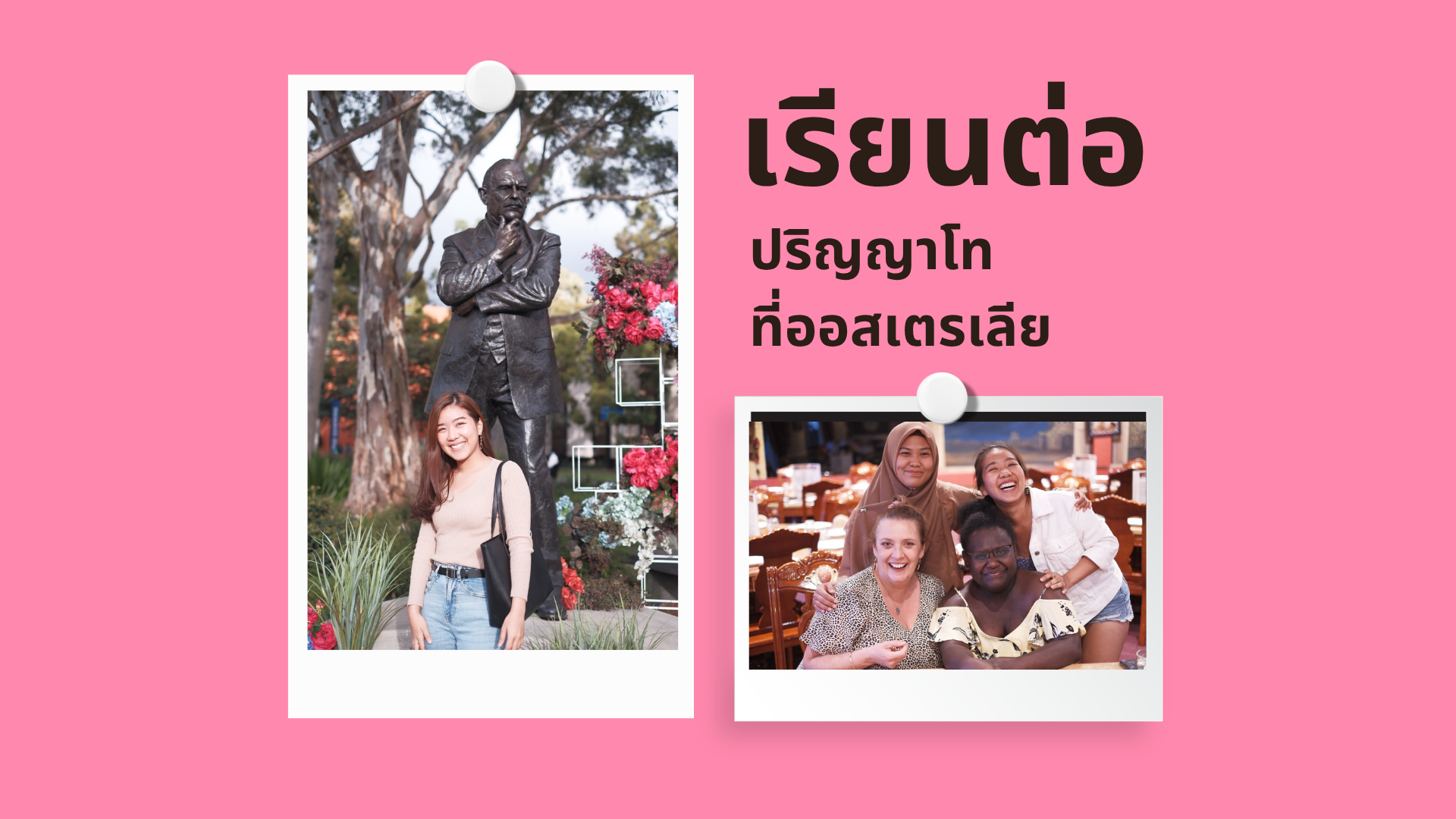From a professional nurse in a top hospital in Thailand to earning a scholarship for a master's degree and becoming a full-fledged "Midwife" in Australia — today we chat with Joam (aka Atom Dek Nurse) about her inspiring journey, unique challenges, and cultural discoveries in her new midwifery role.

Starting Out: From Mahidol to Melbourne
Joam began her nursing career with a Bachelor's degree in Nursing Science from Mahidol University's Ramathibodi Hospital. She worked as an RN and RM in Thailand but later received a scholarship to pursue a Master of Advanced Midwifery Practice at Monash University in Melbourne, Australia.
“I always loved babies and wanted to work in this field,” Joam recalls. “After my master’s, I realized I wasn’t really into academia or research, so I came to Australia to explore what I truly love — clinical work.”
Cultural Shifts: Where’s the Banana Blossom?
One of the first surprises was postpartum care. “In Thailand, we cook banana blossom soup or stir-fried ginger to boost milk supply,” she laughs. “Here, there's no banana blossom! Should I recommend bananas instead?”
Australian nurses suggest oats or lactation cookies — a clear cultural contrast. “And dads, grandparents — anyone the mom wants — can join in the birthing room. There’s huge respect for the mother’s choice here.”
“Australian birthing culture allows full flexibility. Moms can choose to give birth on all fours or any comfortable position — unlike in Thailand where lying down is the norm.”
The License Exam: Not a Walk in the Park
Becoming a midwife in Australia isn’t easy — especially for Thai nurses. Unlike UK or EU applicants, Joam had to pass multiple hurdles.
3 Key Exams to Become a Midwife in Australia (for Thai Nurses)
- MCQ Exam: To test theoretical knowledge
- OSCE: Simulated clinical scenarios — the toughest part with little prep material available
- English Proficiency: IELTS or PTE scores as per AHPRA requirements
“We were the first batch to sit the Midwife OSCE. There was zero info out there. I passed on my third try — just six months before my visa expired!”
Advice for Aspiring Nurses
“You’ll have bad days. But always think about the good ones.”
This advice from a senior helped Joam push through. Her message to Thai nurses: Plan wisely.
- Prepare early: Know your visa pathways (189, 190, 482... have Plan A–C)
- Get your documents ready: License, references, etc. — don't wait until it’s urgent
- Save up: The journey requires funds — plan your finances
- Be flexible: Big cities aren't the only way in. Regional jobs open more doors
Joam’s story proves that with planning, resilience, and the courage to step out of your comfort zone, the dream of working abroad as a nurse is absolutely within reach.
What do you think of Joam’s story? Got a question for her? Let’s chat in the comments below!
🎥 Follow Joam's journey on YouTube:
youtube.com/@JuliaPrang
Frequently Asked Questions (FAQ)
1. Can Thai nurses become midwives in Australia?
Yes, but the process is complex. Thai nurses must apply through AHPRA, meet English language requirements, and pass exams such as the MCQ and OSCE if their qualification isn’t equivalent.
2. What is the OSCE for midwives in Australia?
The Objective Structured Clinical Examination (OSCE) is a practical exam with clinical simulations to assess your midwifery skills. It’s required if your qualification doesn’t meet Australian standards.
3. Is it hard to find a midwifery job in regional Australia?
There are more opportunities in regional and rural areas. Hospitals often sponsor visas, but you may need to adapt to working in smaller teams and diverse cultural settings.
4. What English score do I need for AHPRA?
You need a minimum IELTS score of 7.0 in all bands or a PTE score of 65 across the board to meet AHPRA’s requirements.
5. How long does it take to become a midwife in Australia?
It depends on your background. For international nurses, it can take 1–2 years or more, depending on English preparation, application processing, and exam schedules.
6. Is it worth becoming a midwife in Australia?
If you love the job, absolutely. The pay is better than in Thailand, and there’s more autonomy and respect for the role. But it requires planning, patience, and resilience.


